How Recycling Gold Protects Ecosystems and Communities
In a world of constantly rising demand for precious metals, recycling has never been more critical. Gold is more than the people’s measure of value and the miners’ golden dream; it is the element of many industrial processes. Nonetheless, gold extraction still has one of the most substantial ecological and societal footprints. This is solved by gold recycling, the alternative that works for the good of both nature and man.
The Environmental Cost of Gold Mining
Gold mining is a highly invasive and harmful activity. It results in the clearance of significant amounts of soil and rock, resulting in deforestation and soil erosion. Additionally, the utilization of hazardous chemicals, such as cyanide and mercury, emits phenyl cyanide, polluting water sources and infecting both aquatic life and humans. This activity has a sizable carbon footprint and emitted in large concentrations.
The Role of Gold Recycling
However, there is a way to address this environmental concerns, and it is recycling of gold. Through refining of some recycled gold such as old jewelry, other electronic wastes and industrial gold scrap, we can mine less gold. Extraction of gold from recycled commodities is energy-saving; minimizes the ruins conducted from mining and the release of the greenhouse gases.
Economic and Social Benefits
Gold recycling is advantageous not only for the environment but also economically and socially. It promotes job creation through recycling and stimulates local business markets. Residents living near the recycling facilities can rely on new infrastructure and jobs offered by services sectors. Moreover, by minimizing the dependence on gold excavation, there are fewer chances of social unrests and displacement practiced in most gold zones.
A Circular Economy for Gold
By adopting a circular economy approach to gold, recycling, and reusing the metal, we could contribute to more sustainable life on earth. It has promoted the sustainable use of resources and the reduction of waste. In view of the advantages of recycling gold becoming more apparent to ordinary consumers and business owners, it is expected that they will reflect the best interests of humans and the planet.
Conclusion
To sum it up recycling gold is indeed more than just a responsible choice; it’s a measure that our world cannot live without. Recycling gold is a beacon of hope – a sign that we can help our world in more ways than we ever thought possible by simply changing the way we treat our natural resources. Let’s not miss this golden opportunity to recycle our way to a brighter, greener, more sustainable future.
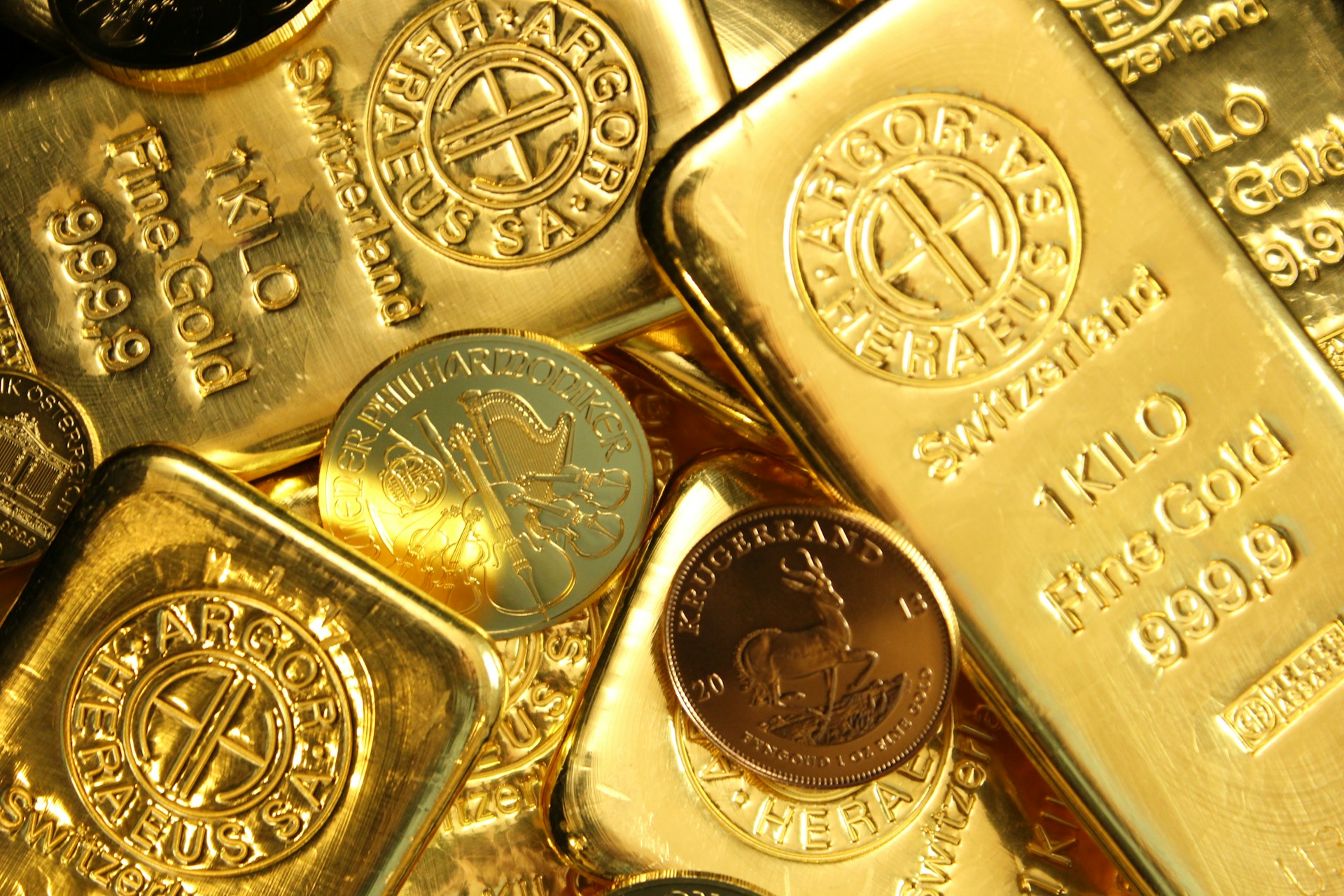
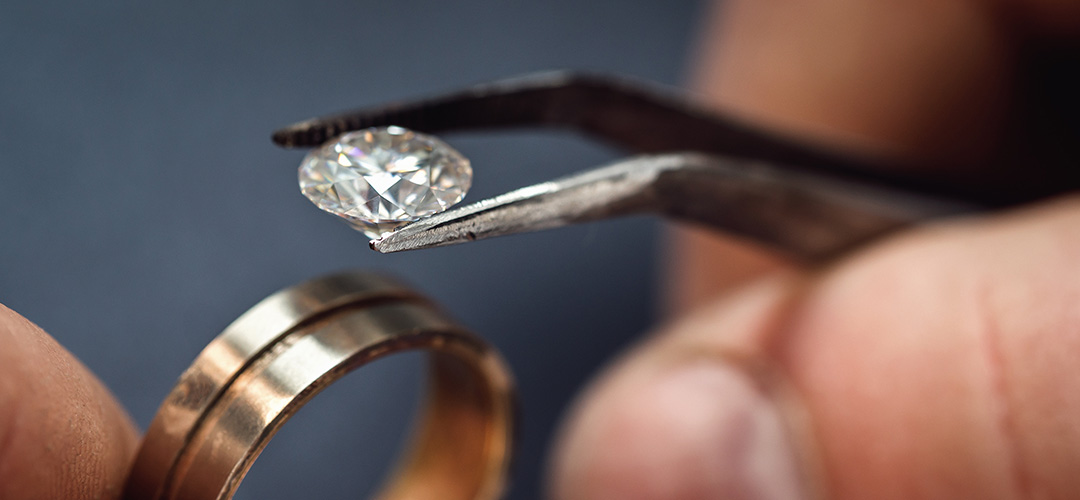

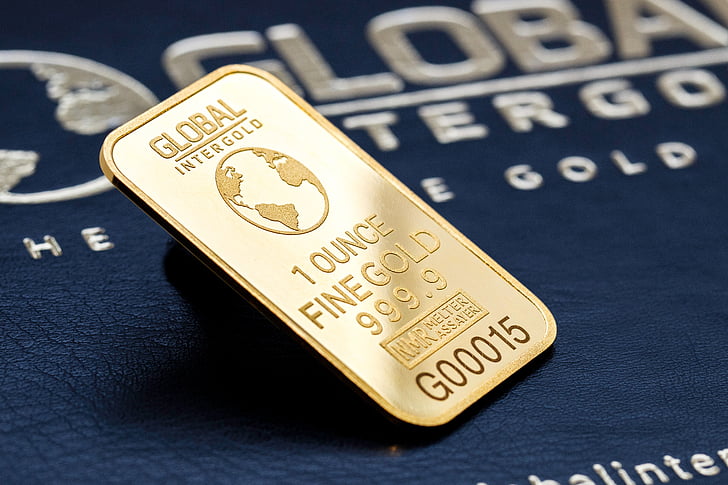








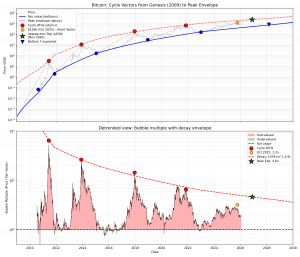
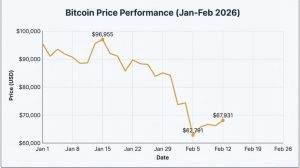
Post Comment